How adopting a different approach to IT support Services could unlock IT complexity and increase productivity for organisations.
Late last year we launch our new website, and it wasn’t just a website, it was our ethos that’s been 12 years in the making. 2020 had provided us with an opportunity to focus our thoughts on the future outsourced IT support services.
When we started in 2009, we often use the term “Business first, IT second” when speaking to prospective clients. Within the team, we talk about the importance of understanding the client’s goals over methods.
Hence, our story is of how our mindset developed along with the evolution of IT support services. To help our clients and ourselves with this concept, we have adopted the DIKW Pyramid throughout our website, minus the Wisdom part, we hope that the client has that bit.
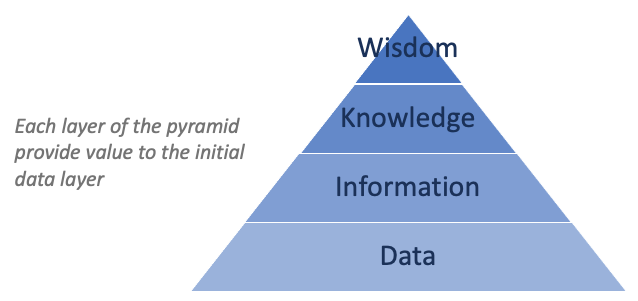
Traditionally, organisations have engaged with IT support companies to help resolve computer issues and complete IT installations. They may also engage with them for IT consultancy or sought a third party to fulfil those needs.
Around 2010 when cloud computing started to take hold, the term Managed Service Providers (MSP) was coined to describe how these IT companies now provided several monthly services to their clients. We’ve also seen a consolidation of IT services and Telecoms during this time.
During the past 20 years, the desktop computer has become vastly more reliable, easier to use, cheaper and many times more powerful than those of the 2000s. Internet connectivity and applications have also gone the same way, all contributing to make using them easier. The Cloud has meant that we don’t even need to install any software.
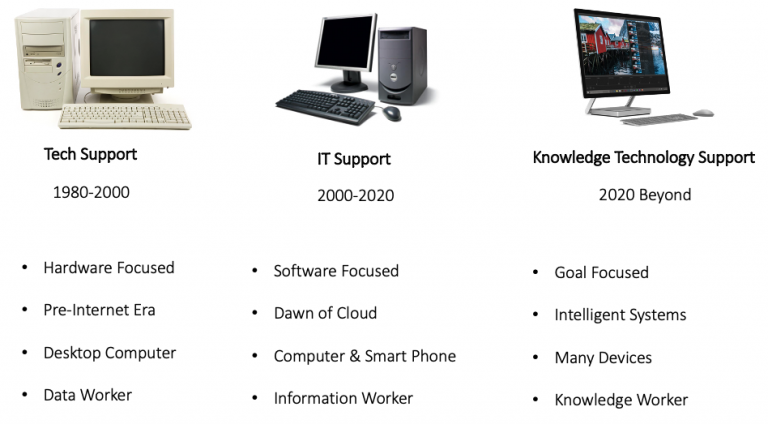
While these IT elements have become more straightforward, we went added a lot more. An average household has ten connected devices, and business employee may use up 4-5 devices. The number of applications we use on these devices dramatically increased too, how many Apps do you have on your phone?
Further complexity is added, by our thirst to access cloud services in any location, any time, via any device. Throw in Cyber Security, and we’ve created an IT ecosystem of many move parts, but also possibilities for society.
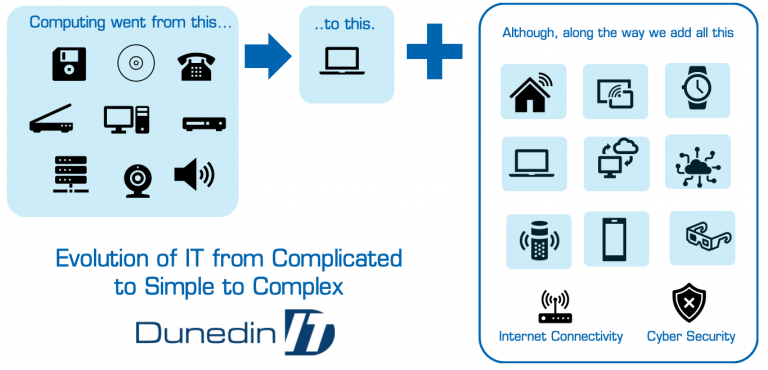
As Cloud computing became ubiquitous, we became more comfortable accessing new tools and services. Society is also more aware of IT terminology, and as mentioned, computing is also more affordable, reliable and user friendly.

IT departments, be it in-house or outsourced, are often criticised for not understanding the organisation needs or generating new ideas. Criticism isn’t a one-way affair; organisations fail to communicate the precise goals, opting for methods, we need this, and we won’t explain why. Then we circle back to IT complexity; the IT department may not have the time, resources or desire, they’re off to fight the next fire.
So it isn’t surprising that this can lead to frustration, with staff circumventing the IT department and directly accessing cloud services. After all, the team with its local knowledge is often best placed to choose those products. We use the term “local knowledge” because these products could be fantastic for their role but not necessarily others. An organisation may find itself ingrained with these products without any due diligence, compliance considerations or cost-analysis preformed.

IT consultancy can undoubtedly help to improve IT effectiveness to support the organisation. Skilled IT consultancy will also help with blue-sky thinking, providing insight into new technologies to assist with competitive advantages. However, traditional IT consultancy isn’t without its issues.
At Dunedin IT we’re committed to addressing the disconnect between organisations and IT provider, and the downfalls of IT Consultancy by:-

To help with these goals, we’ve re-imagine IT Consultancy as a series of Knowledge Services:
Our emerging success story is Digital Workshops, which is helping to fulfil the goals we set out to achieve. Below are some of the successes we’re finding with Digital Workshops.
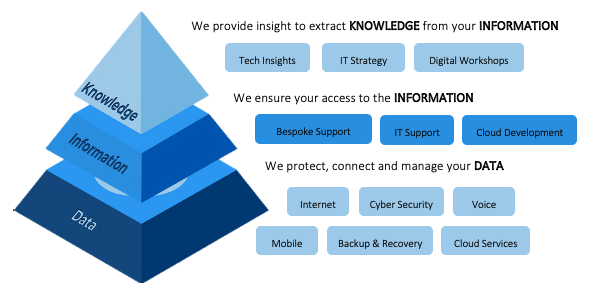
As IT specialists, we should embrace those willing to find new tools for their work. Explore new ways to make IT consultancy more accessible
to all, with regular and incremental IT improvements. To manage IT’s complexity, we can use Manage Services to silo company data into the
right digital container to provide more manageable IT building blocks.
IT service providers need to be less gatekeep and adopt gardener approach to help them IT complexity.
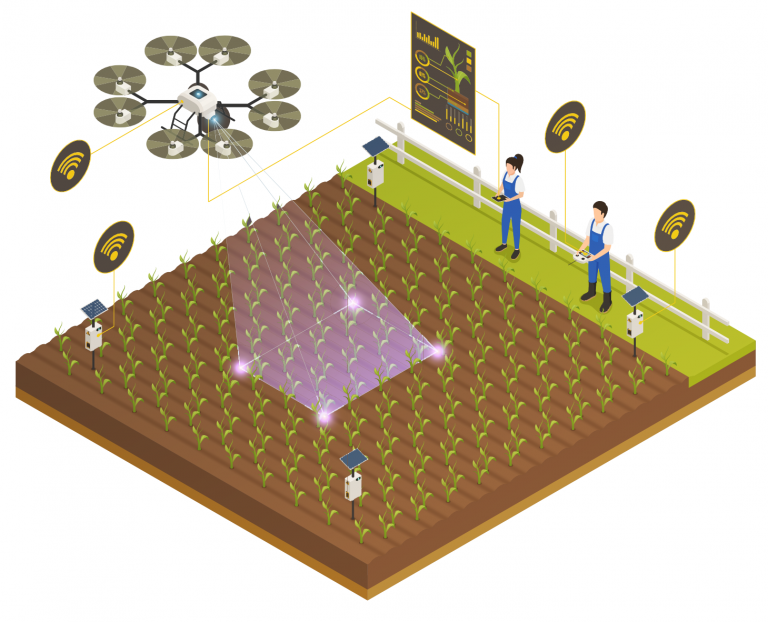
If that last 20 years of modern IT in businesses has made us all Information Workers, the next five years we will become local knowledge workers, IT technicians within our field.
IT Support Companies are dead, long live the Knowledge Technology Support Companies (Yeah, the title is work in progress!)